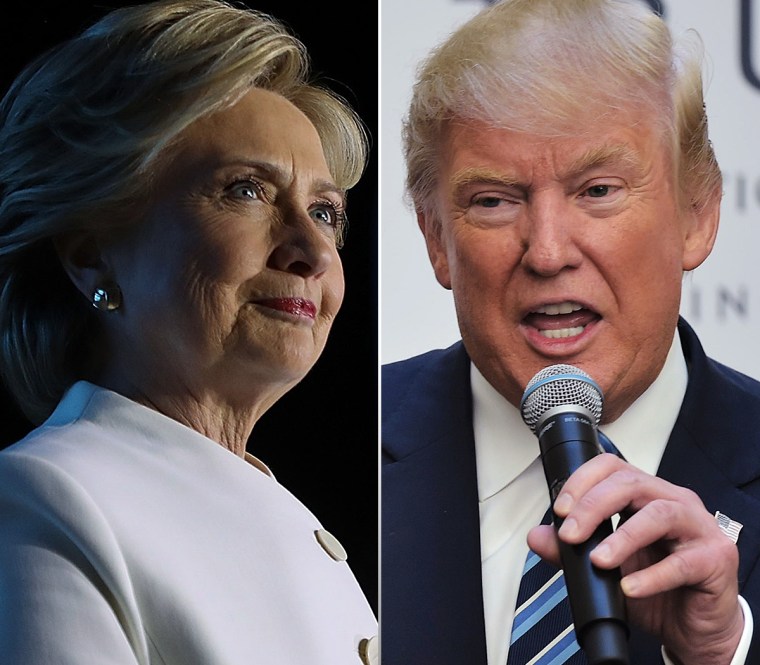Around Thanksgiving 2016, Donald Trump should’ve been focused on his presidential transition process. As regular readers may recall, the president-elect was instead focused on the inconvenient fact that Americans were given a choice in the election, and he received far fewer votes than Hillary Clinton.
Instead of downplaying the significance of the electorate’s preference for his rival, Trump came up with a conspiracy theory to make himself feel better: he secretly won the popular vote, the Republican claimed, “if you deduct the millions of people who voted illegally.”
He soon after started referring to “the so-called popular vote.”
As we've discussed, after Inauguration Day, the nonsense continued. On his fourth day as president, Trump hosted a private discussion with congressional leaders at the White House to discuss his legislative agenda. He spent the first 10 minutes talking about the campaign and his belief that he won the popular vote, even if reality suggested otherwise.
Nearly four years later, Fox News' Laura Ingraham asked the president if he considers it important to win the popular vote in 2020. The Republican responded in predictable fashion.
"I think I could win -- I think I did win the popular vote in a true sense. I think there was tremendous cheating in California. There was tremendous cheating in New York and other places."
In apparent reference to Gary Johnson's Libertarian Party candidacy in 2016, Trump added that the former governor received "four and half or so percent," which the president now believes should be seen as his supporters. "Those are all Republican voters," he added in the interview that aired last night.
Let's note for the record that Trump lost the popular vote by nearly 3 million votes; there is literally no evidence of "tremendous cheating" in any American state in 2016; Gary Johnson received 3% of the popular vote; and to assume that "all" Libertarians are Republican voters is difficult to take seriously.
So is the fact that Trump is still pretending he won the popular vote, after having lost the popular vote, "in a true sense."
What strikes me as especially notable is not the president's peddling yet another discredited idea -- a daily occurrence, unfortunately -- but rather, the broader political context surrounding this nonsense.
Trump is, after all, unwilling to say whether he'll accept the legitimacy of the 2020 results, and he's investing considerable energies into undermining public confidence in his own country's electoral system. The president is simultaneously signaling to supporters that he believes he's entitled to more than two terms in office.
It's against this backdrop that Trump suggested election results are what he says they are, not what the numerical tallies actually show.
If the president doesn’t accept the legitimacy the results of an election he won, what are the odds he’ll accept the legitimacy of an election he loses?

